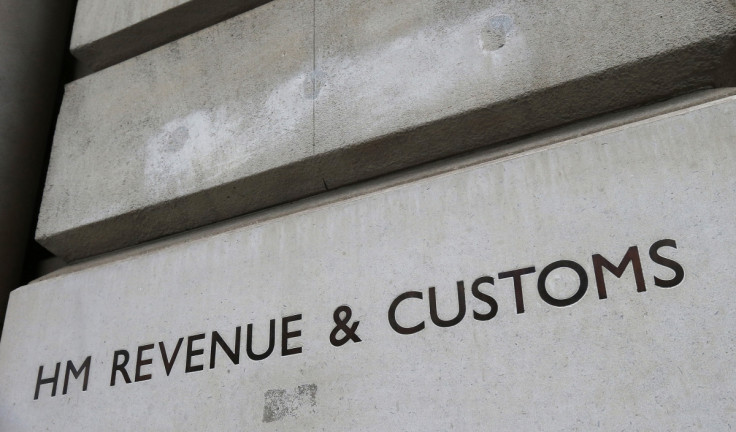HMRC Not Doing Enough to Stop Corporate Tax Avoidance, Say MPs

The UK taxman must do more to clamp down on tax dodging multinational companies and individuals, a report by MPs has stated.
The report found that HMRC is using tax breaks to attract companies to setup in the UK which might actually lead to tax avoidance. Standards in the UK are less stringent than those elsewhere in Europe.
The report flies in the face of strong rhetoric from the Prime Minister David Cameron and Chancellor George Osborne, both of whom have been extremely vocal in their view that Britain must lead the world in cross border tax avoidance.
Cameron was keen to make the issue a central item at last week's G20 Summit in Brisbane. Cameron fiercely opposed the appointment of Jean-Claude Juncker as European Commission President, who spent two decades as the Prime Minster of Luxembourg, during which it became a notorious corporate tax haven.
The report said: "HMRC (Her Majesty's Revenue and Customs) does not do enough to tackle companies which exploit international tax structures to minimise UK tax liabilities."
It accused the agency of being "unacceptably slow" in recovering lost revenues and for being opaque in its methodologies for doing so.
"HMRC must do more, faster. It should report on the progress it has achieved by using new powers granted by parliament to tackle tax avoidance and show it is using its existing powers with sufficient urgency," said Margaret Hodge, who heads up the committee which authored the report.
In the year to April 2013 – the latest available data – the so-called "tax gap" (the difference in the amount of revenue HMRC should collect in tax and the amount it actually does) rose by £1bn to £34bn.
This led the Labour Party Shadow Exchequer Secretary Shabana Mahmood to say the government is "totally failing to tackle tax avoidance and evasion".
HMRC defended its operations, saying in a statement: "We will work closely with the National Audit Office to ensure there is no repeat of the base line error for which we apologised to the committee. However, even taking this into account we exceeded our targets for tackling tax dodgers and criminal gangs every year since 2010."
Tax expert Chas Roy-Chowdhury of the Association of Chartered Certified Accountants said: "Uncertainty in tax collection affects prospective tax receipts, and PAC's report shows there are still challenges with tax collection in the UK – too slow to collect and too slow to pre-empt and tackle issues such as elaborate tax avoidance schemes.
"However, we all need to be mindful of the realities of tax collection. HMRC is understaffed and it has a complicated job to do, because the tax system is complicated. When chasing unpaid tax, HMRC needs to be able to make legal and fair settlements with businesses small or large in a more pragmatic way."
Meanwhile, two senior Conservative cabinet ministers have called for Jean-Claude Juncker to be investigated over claims that he facilitated tax avoidance during his tenure as Luxembourg's Prime Minister and Finance Minister.
Iain Duncan Smith, the Work and Pensions Secretary, told the BBC: "This is a real moment for the European Union, for the commission, to show that it has the capacity and the determination to investigate its own and so if there is an issue, if there is some serious issue about a conflict and at one time one thing is being said and at another thing is being done, then these things need to be investigated and made public."
Grant Shapps, the Conservative Party Chairman, added: "I haven't seen all this evidence. I think it is absolutely right that it is properly investigated and that is what I hope will happen next. But either way the important thing is to hold Europe to account and to do that you've got to have a credible in-out referendum so you can have these negotiations about all of this stuff."
© Copyright IBTimes 2025. All rights reserved.






















